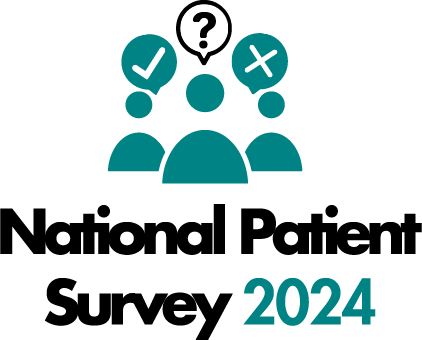If eggs are frozen below the age of 35, the chances of success will be higher than the natural conception rate as the woman gets older.
Despite this, the most common age that women freeze their own eggs for treatment is 38, with some women freezing their own eggs into their 40s, when the likelihood of a future pregnancy from using these eggs is very slim.
We feel more work needs to be done across the UK fertility sector to establish best practice for freezing and thawing treatments. We also caution against women in their 40s being recommended egg freezing as the likelihood of a pregnancy from these eggs would be very slim.
The birth rate for patients using their own frozen eggs has risen slightly from 12% in 2014 to 18% in 2016, which is much lower than IVF, where the success rate stands at 26%. As such our Chair, Sally Cheshire CBE, says women should be cautiously optimistic about egg freezing, but women need to be fully informed about what to expect:
“The rapid growth in egg freezing since 2010 shows how much potential this technique may have for altering the way people plan their future families and it is a positive story for those women undergoing medical treatment which may seriously affect their fertility.
“Our data shows, however, that egg freezing cycles and subsequent thawing still account for only 1-2% of all IVF treatment cycles, and even fewer result in a baby being born.”
Download our guide to the new statistics (PDF 1.07 MB)
For more information you can download and read the full report (PDF 783 KB)


